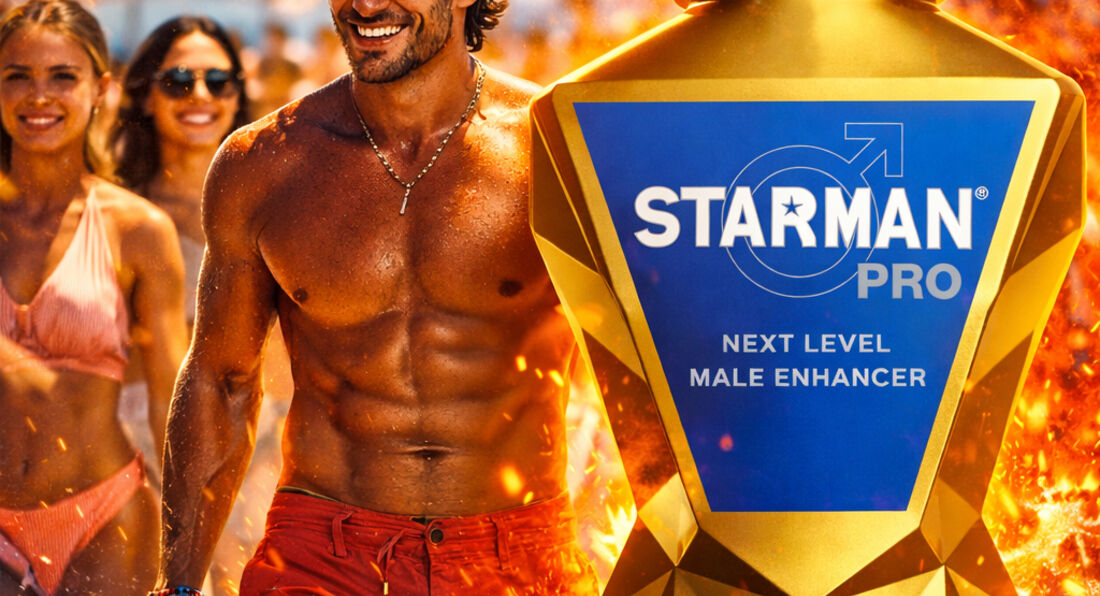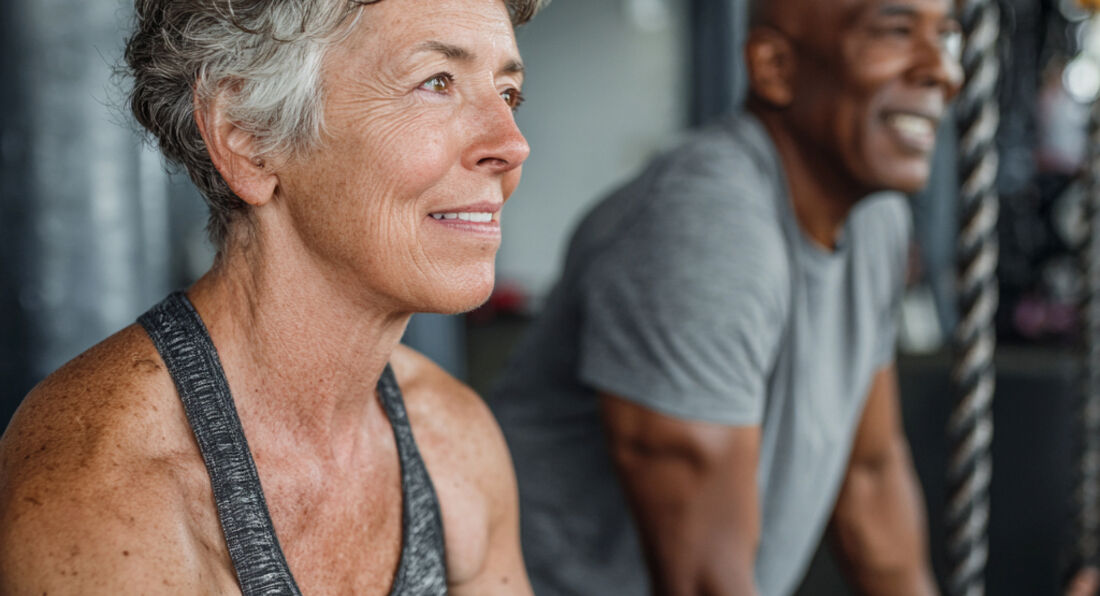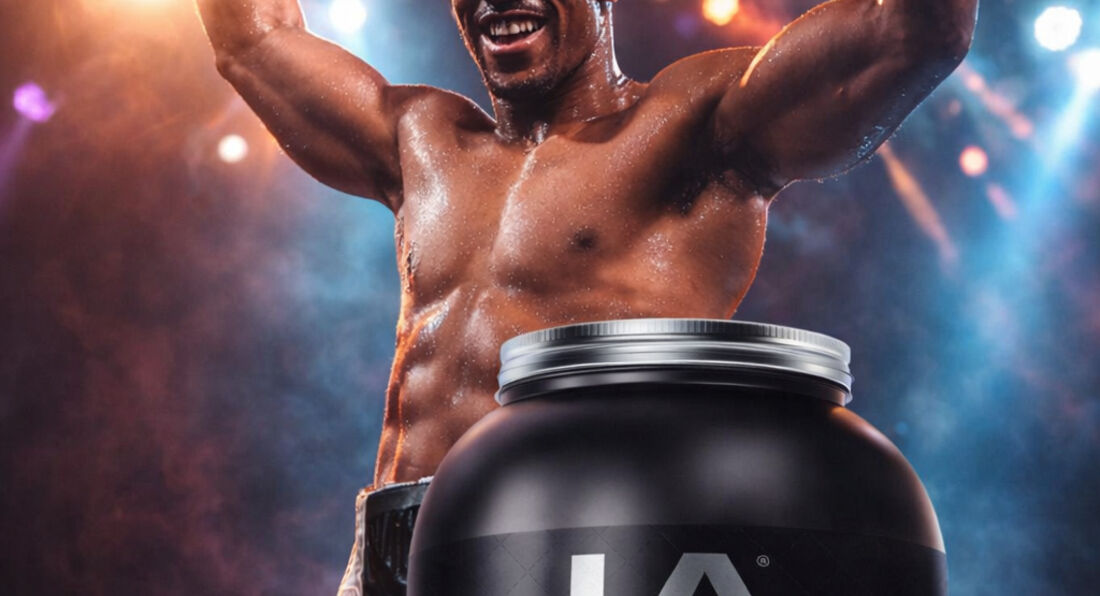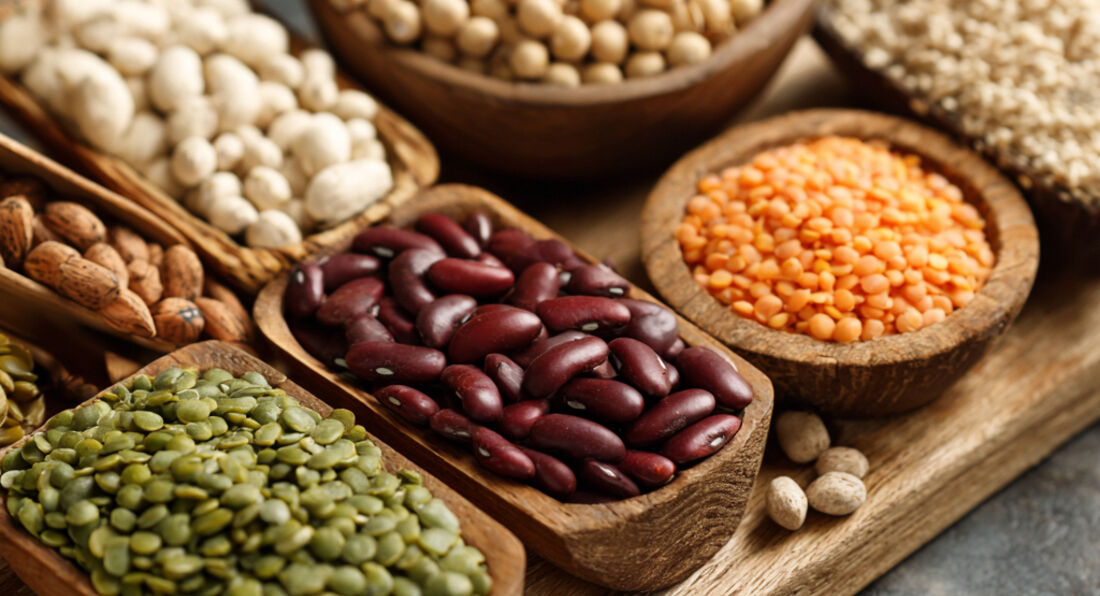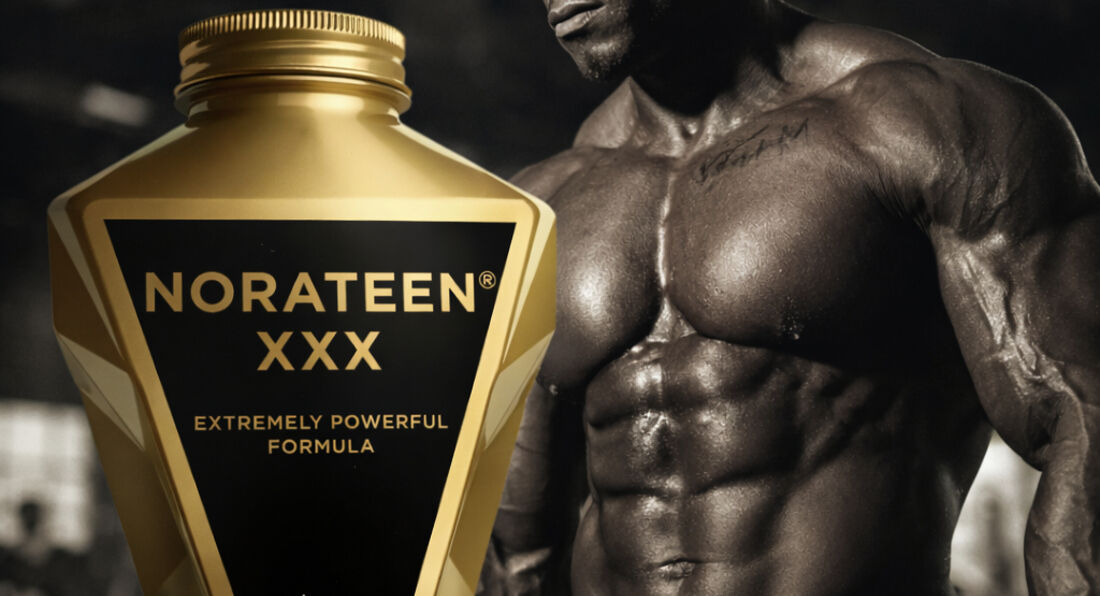Friday, 19th February 2021
8 Important Micronutrients To Improve Performance
& Where To Find Them!
By LA Muscle on 19.02.2021 04:33 pm

Micronutrients play a vital role in supporting your performance. They can directly affect your energy levels for output, muscle recovery and maintenance, and potentially reduce your risk of illness or injury. Your diet plays the most important part in your health because without a good diet any type of exercise or training you do can only do so much for you.
The right diet, full of clean, healthy sources of vital vitamins and minerals, when combined with your training plan is what will put you on the path to achieving all of your fitness goals.
While all nutrients are important, these are the top micro you should be paying attention to when it comes to fitness:
1. Vitamin D
Vitamin D is important for overall muscle function and studies suggest increasing vitamin D intake in athletes may help reduce joint pain, promote muscle growth, increase strength and improve performance.
Because vitamin D is absorbed from sunlight and stored in the body, meat, including seafood and eggs contain a natural source. Plants are not able to absorb and store vitamin D the same, so for vegans, the best sources of vitamin D are direct sunlight, or fortified foods like orange juice, plant milks and cereals.
How much do you need? 600 IUs/day
Get it from:
- 85g salmon – 715 IUs or 119% of your daily value
- 230ml fortified orange juice – 137 IUs or 23% of your daily value
- 230ml fortified milk – 115 IUs or 19% of your daily value
- 1 large egg – 41 IUs or 7% of your daily value
2. Vitamin E
Upper respiratory infections may be more common among athletes that participate in a lot of endurance or high intensity training. This phenomenon could be due to something called the “open window” theory, that suggests immune function may be suppressed for multiple hours after training, leaving you more susceptible to infection.
Some research suggests that if you’re doing a lot of conditioning, eating a diet high in vitamin C and E may help prevent you from getting sick. Vitamin E acts as a natural antioxidant helping to calm the effects of physical stress and may also help improve aerobic fitness.
How much do you need? 15 mg/day
Get it from:
- 1 Tbsp wheat germ oil – 20 mg or 133% of your daily value
- 28g sunflower seeds – 7.4 mg or 50% of your daily value
- 28g almonds – 7 mg or 47% of your daily value
- 2 tbsp peanut butter – 3 mg or 20% of your daily value
- 64g cooked spinach – 2 mg or 13% of your daily value
3. Vitamin B12
Vitamin B12 is important for the production of red blood cells that deliver oxygen to your muscles as well as protein synthesis for building and repairing muscle. Poor intake can lead to anemia and significant impacts on overall energy levels and performance. And while research suggesting higher needs for athletes is limited, vegan athletes and those who restrict calories may be at higher risk of deficiency.
How much do you need? 2.4 mcg/day
Get it from:
- 85g clams – 84 mcg or 1,400% of your daily value
- 85g salmon – 4.8 mcg or 200% of your daily value
- 85g tuna – 2.5 mcg or 104% of your daily value
- 85g beef – 1.4 mcg or 58% of your daily value
- 230ml milk - 1.2 mcg or 50% of your daily value
- 1 large egg – 0.6 mcg or 25% of your daily value
- 1 serving 25% fortified breakfast cereals – 0.6 mcg or 25% of your daily value
4. Iron
Iron carries oxygen through your body to your muscles to keep your energy levels in check. This is extremely important during exercise and recovery. When iron is lacking in the diet muscles can feel fatigued and the immune system can suffer.
Vegan athletes may need more iron in their diet than meat eaters because the type of iron from plants, called non-heme iron, is not as easily absorbed and used by the body as iron from meat, or heme-iron.
If you’re worried about your intake, research suggests you can pair iron foods with options high in vitamin C, like fruits and vegetables, to help increase your absorption by up to 4 to 6 times the amount. And avoid drinking coffee, tea or dark sodas with meals, as the caffeine in these drinks can decrease iron absorption.
How much do you need? men: 8 mg/day, women: 18 mg/day
Get it from:
- 1 serving 50% fortified breakfast cereals – 9 mg or 50% of your daily value
- 85g oysters – 8 mg or 44% of your daily value
- 85g dark chocolate – 7 mg or 39% of your daily value
- 64g lentils – 3 mg or 17% of your daily value
- 64g tofu – 3 mg or 17% of your daily value
- 64g kidney beans – 2 mg or 11% of your daily value
5. Zinc
Zinc plays a role in immune function, protein synthesis and wound healing. And while you only require small amounts in your diet, not getting enough may lead to fatigue and affect muscle recovery in athletes (10).
The best sources of zinc are shellfish and meat, so plant-based diets should include fortified sources or nuts and beans for adequate intake.
How much do you need? men: 11 mg/day, women: 8 mg/day
Get it from:
- 85g oysters – 74 mg or 493% of your daily value
- 85g king crab – 6.5 mg or 43% of your daily value
- 85g beef patty – 5.3 mg or 35% of your daily value
- 1 serving 25% fortified breakfast cereals – 3.8 mg or 25% of your daily value
- 85g dark meat chicken – 2.4 mg or 16% of your daily value
- 64g baked beans – 2.9 mg or 19% of your daily value
- 28g cashews – 1.6 mg or 11% of your daily value
6. Magnesium
Magnesium assists in hundreds of bodily activities including normal muscle function, bone formation and energy metabolism. And because you lose magnesium through sweat, studies suggest that athletes may require more in their diet.
Unlike some other nutrients whose daily needs can be satisfied from 2 to 3 servings of rich sources, most foods containing magnesium only provide 10-20% of your daily value, so including a variety of sources in your diet is key.
How much do you need? men: 420 mg/day, women: 320 mg/day
Get it from:
- 85g almonds – 80 mg or 20% of your daily value
- 64g cooked spinach – 78 mg or 20% of your daily value
- 85g cashews – 74 mg or 19% of your daily value
- 64g black beans – 60 mg or 15% of your daily value
- 2 tbsp peanut butter – 49 mg or 12% of your daily value
- 64g brown rice – 42 mg or 11% of your daily value
7. Potassium
Potassium is key in maintaining fluid and electrolyte balance throughout your body – which is why it is often associated with hydration, recovery and muscle cramp prevention.
Potassium is also lost through sweat, and even more so in hot environments. Luckily, this key mineral is easy to come by in many plant based foods, not just bananas!
How much do you need? 4,700 mg/day
Get it from:
- 64g dried apricots – 1,101 mg or 31% of your daily value
- 128g lentils – 731 mg or 21% of your daily value
- 64g raisins – 618 mg or 18% of your daily value
- 1 medium baked potato – 610 mg or 17% of your daily value
- 128g kidney beans – 607 mg or 17% of your daily value
- 128g orange juice – 496 mg or 14% of your daily value
- 1 medium banana – 422 mg or 12% of your daily value
8. Calcium
Calcium is required for every muscle contraction in your body, including your heart beat. For active individuals this mineral is essential for maintaining healthy muscle function and bone health. Research also shows high calcium diets, specifically dairy, may even play a role in better weight management and increase fat burning.
How much do you need? 1,000 mg/day
Get it from:
- 128g plain yogurt – 415 mg or 42% of your daily value
- 43g mozzarella cheese – 333 mg or 33% of your daily value
- 85g canned sardines – 325 mg or 33% of your daily value
- 128g fortified orange juice – 345 mg or 35% of your daily value
- 128g fortified soy milk – 299 mg or 30% of your daily value
- 230ml milk – 275 mg or 28% of your daily value
- 64g tofu – 138 mg or 14% of your daily value
- 64g turnip greens – 99 mg or 10% of your daily value











